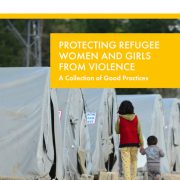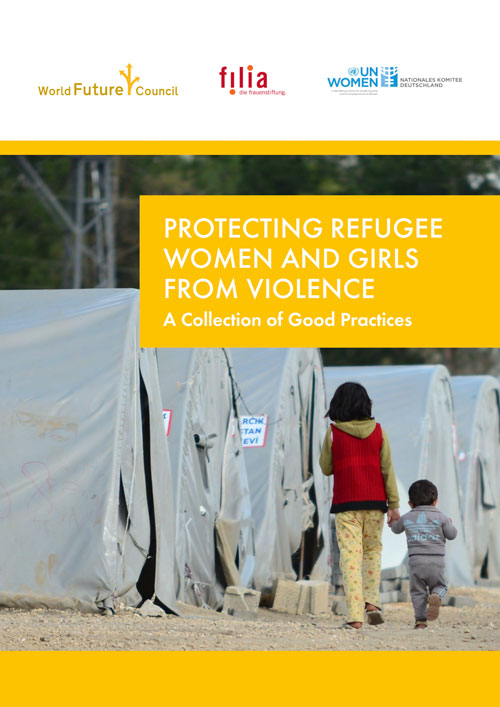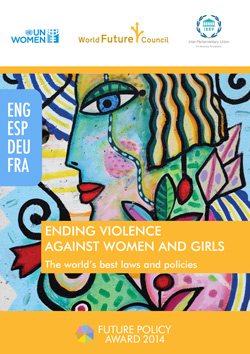Protecting refugees Women and Girls from Violence
Abstract
An increasing number of refugees worldwide are women and children. In many cases, they are forced to leave their homes due to armed conflicts, insecurity or generalised violence. For women and girls, their migration experience is shaped by some particular features, the roots of which lie in the gendered forms of violence they may face throughout their journey. Some may leave their country of origin because of experiences of gender-based violence or in fear of such violence. Without regular pathways to reach a country where they can seek international protection, women often have to resort to dangerous routes. During their journey, they are exposed to sexual and gender-based violence.
However, once they reach their destination, many women and young girls still face risks due to limited access to support services, a lack of effective procedures to identify survivors of gender-based violence and inadequate reception conditions in accommodation facilities.
The aim of this report is to suggest positive actions that international organisations, local, regional, or national authorities, civil society organisations and NGOs can take to better protect refugee women and girls from violence. This is with the goal of promoting the exchange of good and promising practices and opening up a space for transnational dialogue, experience-sharing and peer-to-peer learning.




